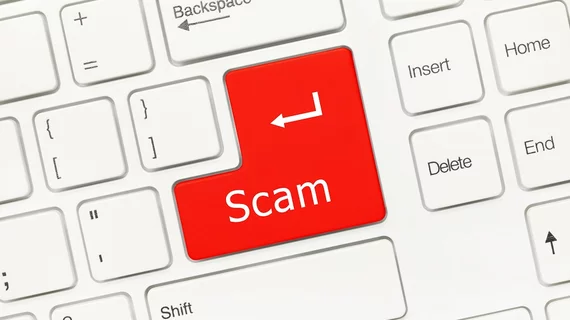Fraud in Florida: Feds bust fake nursing diploma scheme
The Justice Department charged more than two dozen individuals in Florida for their roles in a fake nursing diploma scheme.
The wire fraud scheme created an illegal licensing and employment shortcut for aspiring nurses, with the defendants selling fraudulent nursing degree diplomas and transcripts obtained from accredited Florida-based nursing schools. The scheme led to more than 7,600 fake nursing diplomas issued by three South Florida-based nursing schools: Siena College in Broward County, Fla., Palm Beach School of Nursing in Palm Beach County, Fla., and Sacred Heart International Institute in Broward County. The three schools are now closed.
The diplomas and transcripts were sold to individuals seeking licenses and jobs as registered nurses (RNs) and licensed practical/vocational nurses (LPN/VNs). With the fake diplomas and transcripts, the individuals could sit for the national nursing board exam and, after passing it, to obtain licenses and jobs in various states as RNs and LPN/VNs.
“Not only is this a public safety concern, it also tarnishes the reputation of nurses who actually complete the demanding clinical and course work required to obtain their professional licenses and employment,” U.S. Attorney for the Southern District of Florida Markenzy Lapointe said in a statement. “A fraud scheme like this erodes public trust in our healthcare system.”
Each of the 25 individuals arrested face up to 20 years in prison.
“Healthcare fraud is nothing new to South Florida, as many scammers see this as a way to earn easy, though illegal, money, “ acting Special Agent in Charge Chad Yarbrough, FBI Miami, said in the statement. “What is disturbing about this investigation is that there are over 7,600 people around the country with fraudulent nursing credentials who are potentially in critical healthcare roles treating patients. Were it not for the diligence and hard work of the investigators on this case, the extent of this fraud may not have been discovered.”
According to a Jan. 27 report by The New York Times, 37% of the aspiring nurses, or about 2,800 people, who obtained fraudulent diplomas passed the National Council Licensure Examination. Of those who passed, a “significant number” received nursing licenses and got hospital jobs or at other healthcare settings. Additionally, many of the people who obtained the fake degrees, which were purchased for a price between $10,000 and $15,000, already had experience in the healthcare industry, such as working as certified nursing assistants.
While the Justice Department didn’t charge those who had purchase fake diplomas, authorities sent the names of the recipients to the National Council of State Boards of Nursing.

